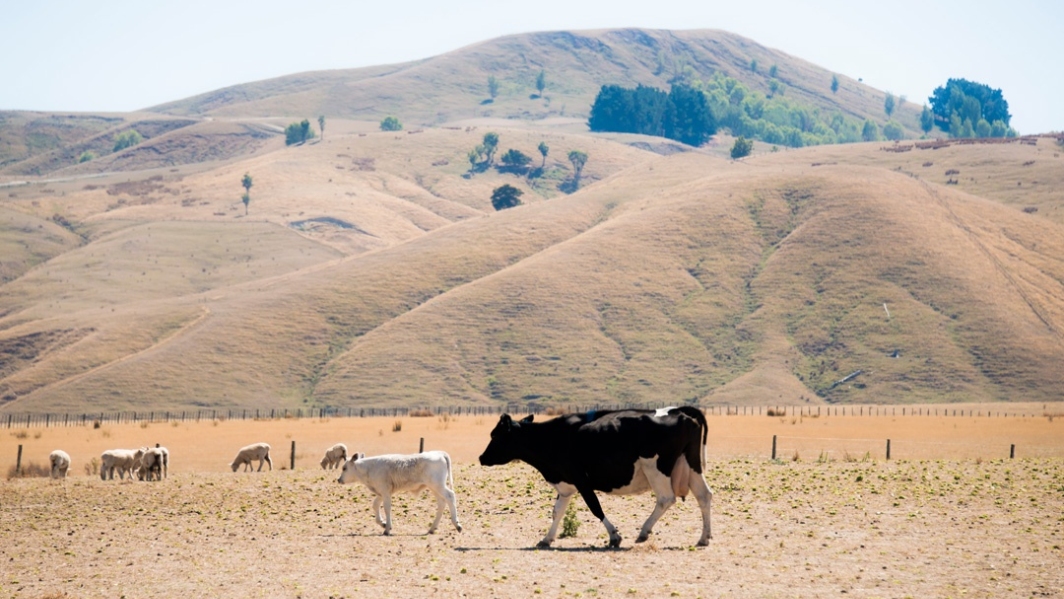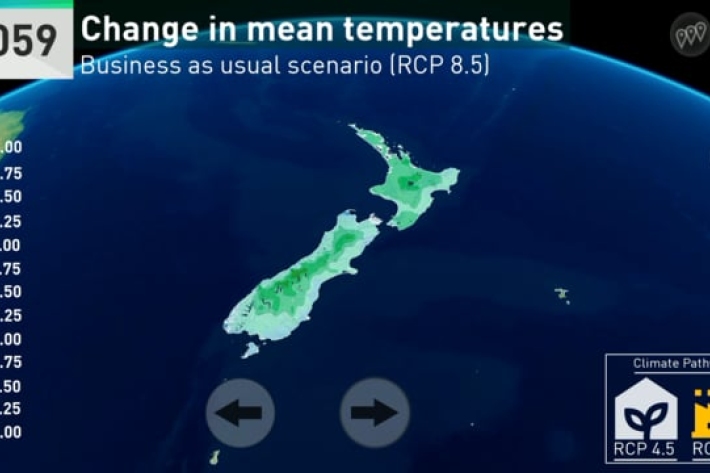-
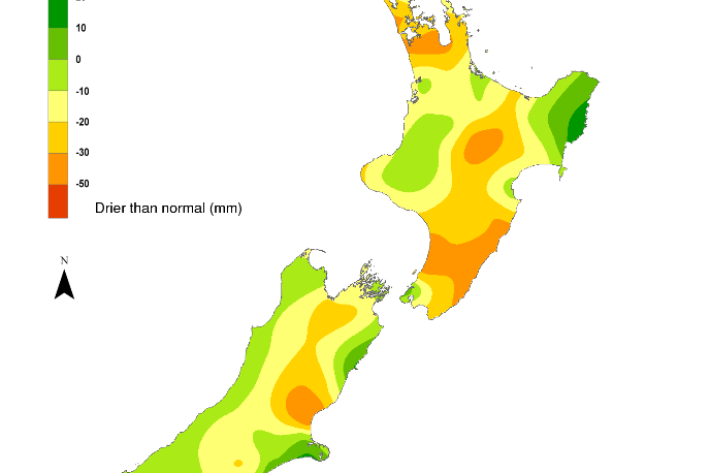
NIWA's Hotspot Watch for 17 October 2018
Hotspot17 October 2018There are no currently no hotspots, but an area to monitor is in the southern Hurunui District in northern Canterbury. -
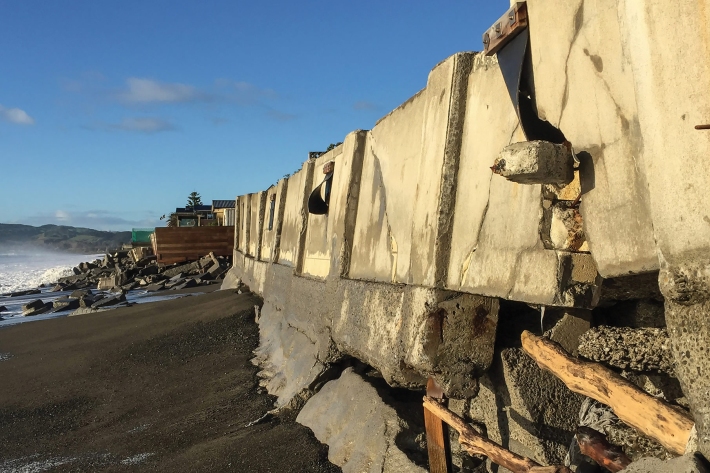
A say on the sea shore
Feature story16 October 2018Coastal communities around New Zealand are getting a say on how to respond to sea-level rise, and NIWA is helping them. -

NIWA 2018 glacier survey
Feature story16 October 2018What happens when the contribution from seasonal snow and ice melt changes in a warmer world? -

Fieldays - farming for the future
Feature story10 October 2018Farmers visiting Fieldays at Mystery Creek in June could not have missed the take-home message: that science and innovation are key to their continued success. -

Te Huringa ki te Rangi – He Rautaki Tāwariwari
Te Huringa ki te Rangi is a decision-making model to support indigenous and coastal communities. -

Sudden spring sun for south
Media release12 September 2018A cool start to spring is about to be replaced by a sudden burst of warmth, according to NIWA meteorologist Ben Noll. -

Councils get help to prepare for sea-level rise
Media release18 July 2018A senior NIWA scientist is concerned many councils are having difficulty “getting off the starting blocks” when it comes to planning for coastal climate change. -

Warmth dramatically outpaces chill so far this year
Media release04 July 2018It's a story of the warm and the wet. -
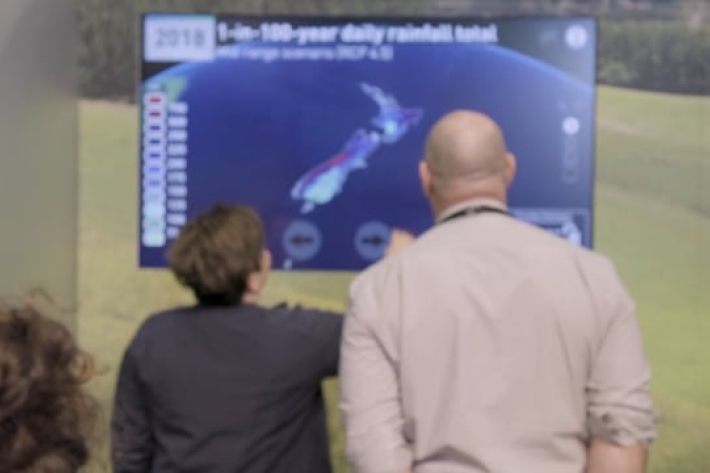
Climate change touch screen - Fieldays
The touch screen in action at Fieldays.revealing how our climate will change across the country. -

NIWA seaweed scientist tackling global climate change issue
Media release21 June 2018One of the world's leading scientific publishers has named a paper cowritten by a NIWA scientist as one of 250 groundbreaking findings that could "help change the world". -
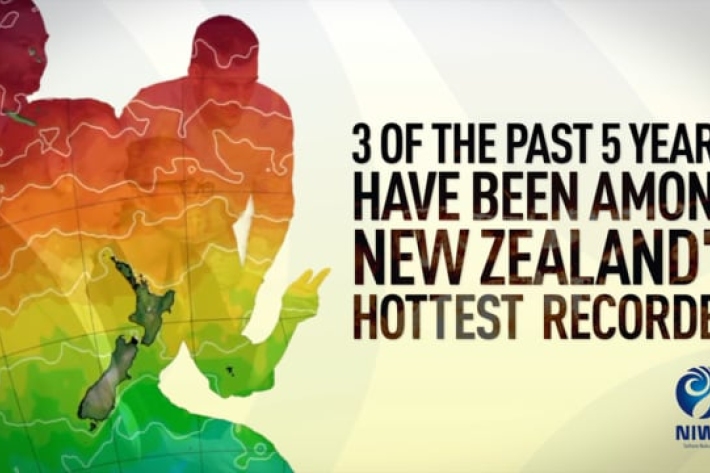
Our Climate is Changing
Our climate is changing - we need to act now.

